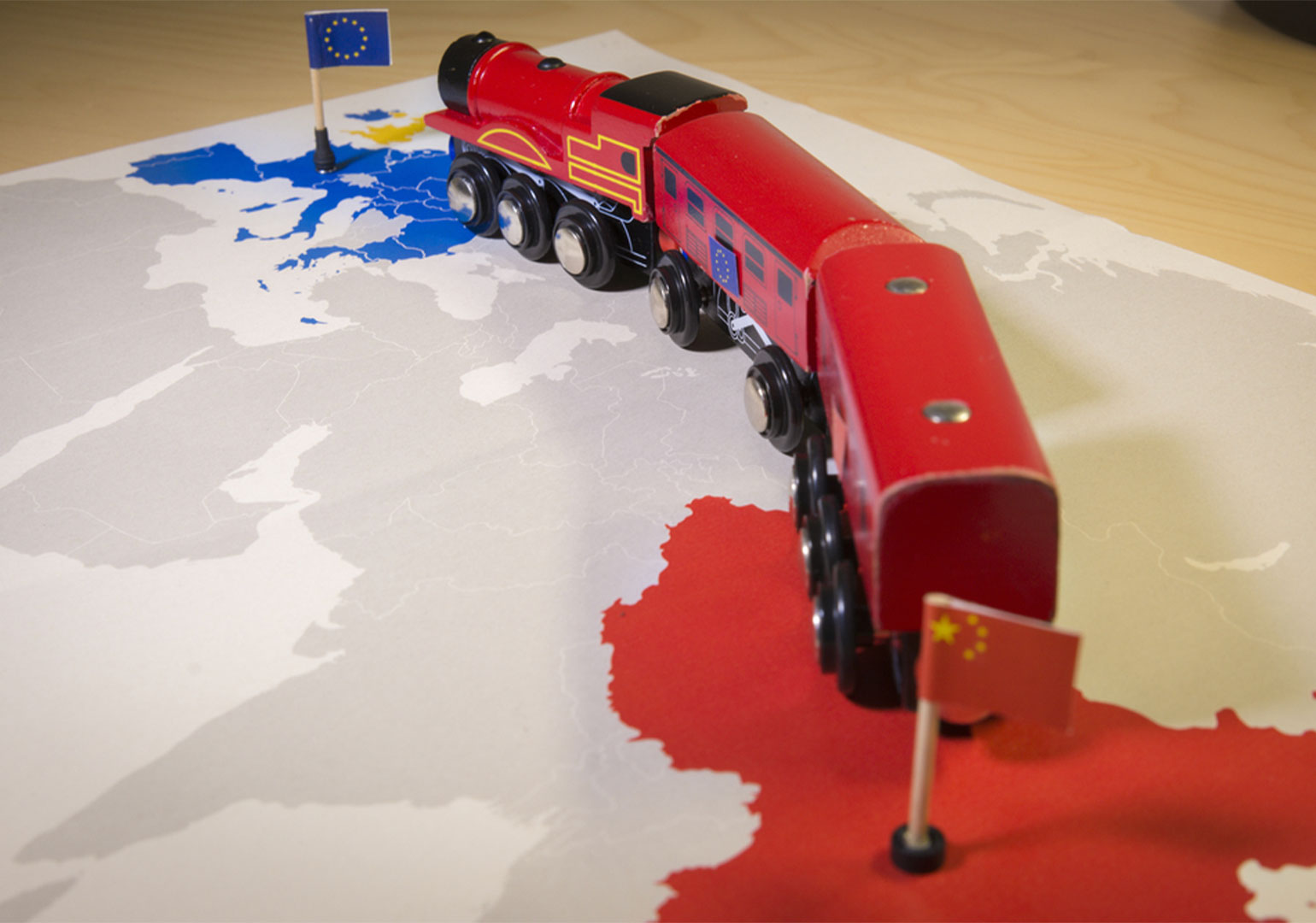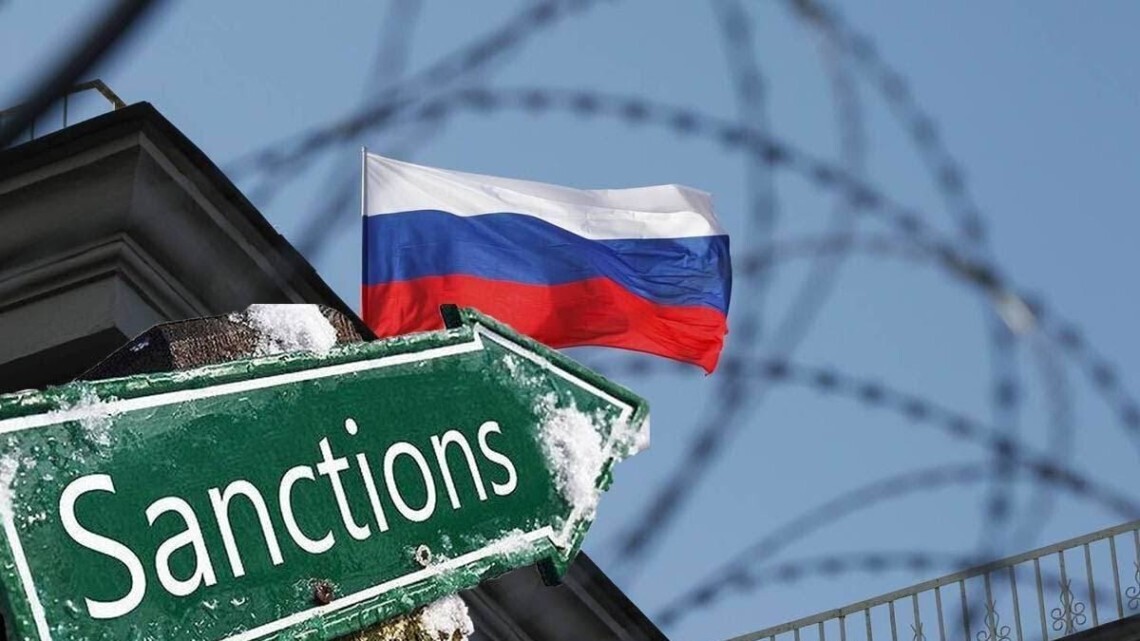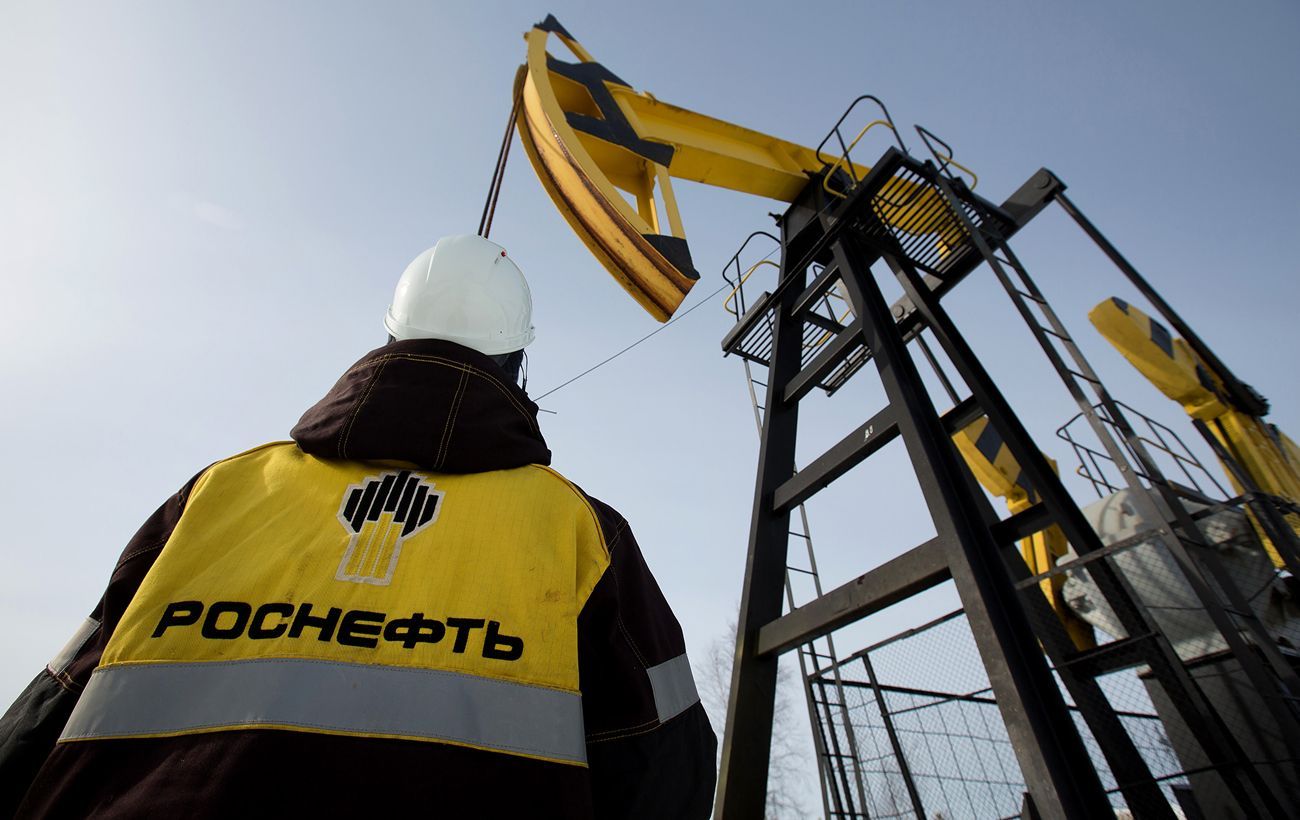On August 11, following in the footsteps of Baltic neighbour Lithuania, Latvia and Estonia withdrew from 16+1, a cooperation group between China and over a dozen Central and Eastern European countries. The move comes amid Western criticism towards China over escalating military pressure on democratically ruled Taiwan, which China claims as its own territory, and Beijing’s strengthening of ties with Russia during the invasion of Ukraine. Latvia’s Foreign Ministry said the country’s continued participation in the China group was “no longer in line with the country’s strategic objectives in the current international environment.” In statements published on August 11, both Latvia and Estonia said they would continue to work towards “constructive and pragmatic relations with China” while respecting the rules-based international order and human rights.
Western media has long viewed the area as a homogenous post-communist region, prone to democratic backsliding, elite capture and corruption. The region has even been labelled as a ‘Chinese Trojan horse’ bought ‘on the cheap’. CEE countries’ economic rapprochement with China has been viewed as an open door for Beijing’s divide and rule tactics towards the EU and its authoritarian agenda in the region. However, recent developments have shown that CEE countries do not seem to be as receptive to China as before. The region’s attempts to strengthen ties with Beijing have damaged its reputation and as a result, CEE has become a worrying topic for the West.
China’s ever-increasing relations with the CEE countries were largely framed within the 17+1 (now 16+1) initiative, which initially included China and 17 CEE countries. Currently, 11 of these states are EU members. The project was designed to enhance cooperation between Beijing and the region. While China vowed to invest, develop infrastructure and help boost regional economies, the 17 states promised to provide Beijing with cheap access to European markets.
The format was soon integrated into China’s wider Belt and Road Initiative, which was launched in 2013. Beijing’s emergence in the region intersected with democratic backsliding, particularly in Hungary and Poland. Thus, the 16+1 initiative has been widely seen as a forum providing China significant leverage over the region through incentives, such as investment, infrastructure and transport projects. As a result, the platform has drawn a large amount of criticism in Western Europe for allegedly promoting the authoritarian ‘China model’ in the region and eventually undermining EU cohesion.
Cooperation backed by Chinese investment has developed steadily throughout the past decade. Nonetheless, it witnessed a significant decrease in 2020, when CEE opted for ‘social distancing’ from Beijing. China has sparked doubts among the region’s leaders due to trade imbalances, a lack of access to the Chinese market and unfulfilled promises regarding large-scale investment. The dwindling format was increasingly bringing more security risks than tangible benefits for CEE countries. Overall, the region’s expectations did not match China’s intentions. The 16+1 summits were subsequently seen as “photo opportunities” rather than fruitful discussions that could lead to tangible results. They understood the high risks associated with cooperation with the Chinese Communist Party as well, which for many tries to impose the so-called China Model and shows the same aggressive behaviour as Russia. The global pandemic, which has been widely considered to have originated in China, has somewhat set the tone as well.
Last year in May, Lithuania decided to withdraw from then-17+1 which was led by domestic developments, including a values-based anti-authoritarian foreign policy of Minister Gabrielius Landsbergis. Lithuania’s decision had the reasoning that its Baltic neighbours Latvia and Estonia, do not necessarily share. First, the decision was paired with a strong critique of China’s regime and the cooperation format itself and second, it was followed by deepening exchanges between Lithuania and East Asian democracies, including Taiwan.
The decisions made by Estonia and Latvia followed China’s recent military intimidation drills around Taiwan and at a low point in US-China relations. Nevertheless, the two Baltic states’ exit from the format should not be understood as actions aimed to prove loyalty to the US and to obtain rewards as has been stated by Chinese media. Defence in the Baltic region, which is one of the most discussed topics, was revamped immediately after Russia started its unprovoked and unjustified invasion of Ukraine and long before the countries’ decision to leave the initiative. The Baltic states’ lack of willingness to remain 16+1 could be better explained by their disapproval of China’s rhetorical support for the Kremlin in the wake of the ongoing Russian aggression in Ukraine.
It is worthwhile to note that the emptying seats left by the Baltic states in the fora of 16+1 are not enough to spell the demise of the format as such, even if the exodus of the members continues. Bulgaria, Croatia, Czech Republic, Greece, Hungary, Poland, Romania, Slovakia and Slovenia still remain in the cooperation format. At the same time, the carefully worded statements, such as “Estonia will continue to work towards constructive and pragmatic relations with China,” and “Latvia will continue to strive for constructive and pragmatic relations with China” indicate that Tallinn and Riga are not going to full halt their relations with Beijing, but rather underline the importance of values and rule-based cooperations under the EU-China cooperation framework. The CEE region needs an economic boost as never before and it might find it difficult to refuse any ‘alluring’ investment deals from Beijing. In this situation, the EU’s continued engagement with the region, backed by its consistent policy strategies on China, remains paramount.












